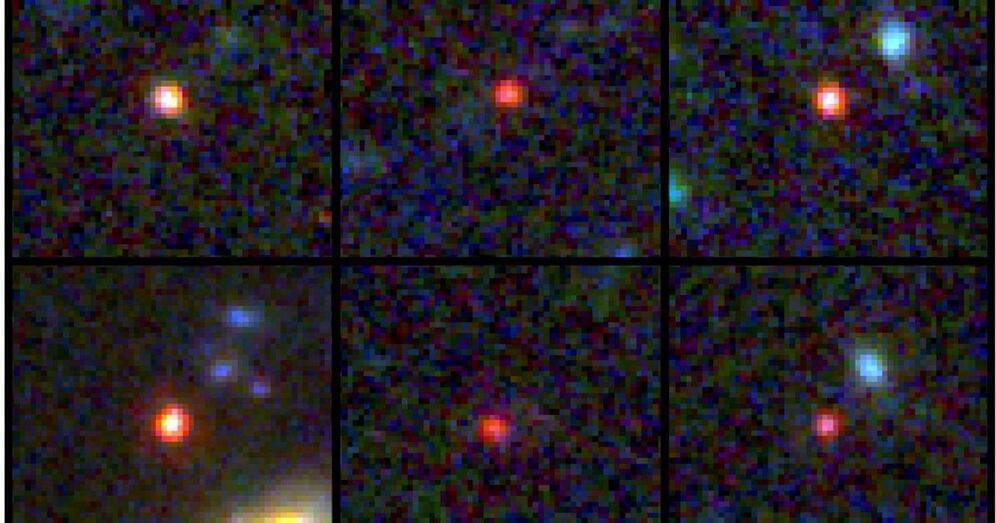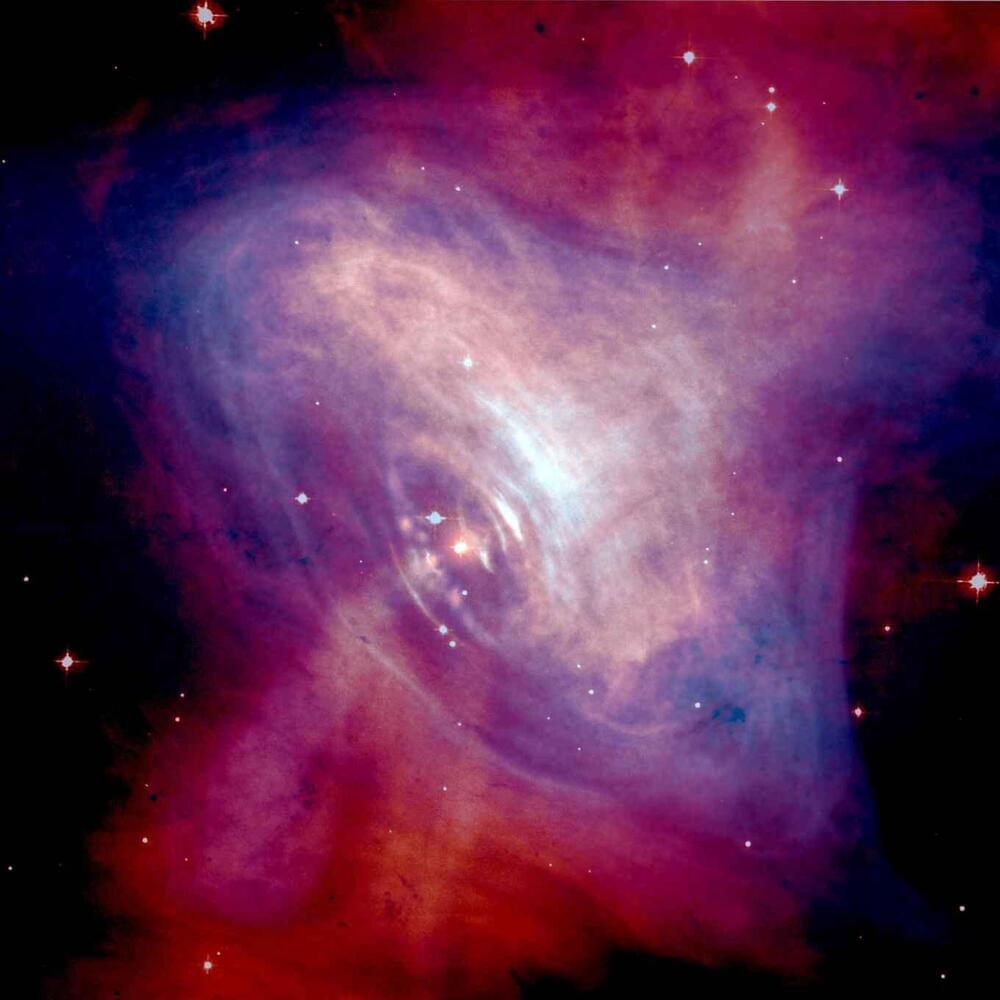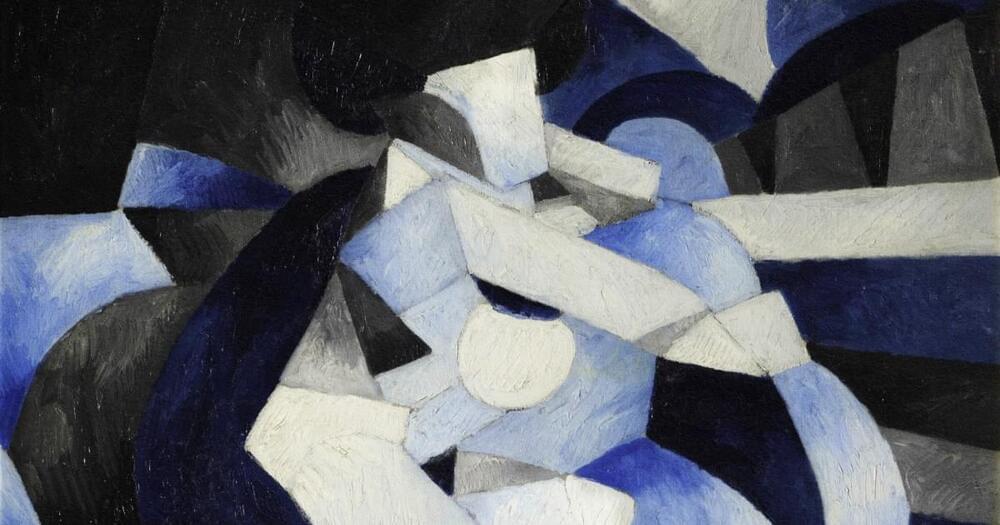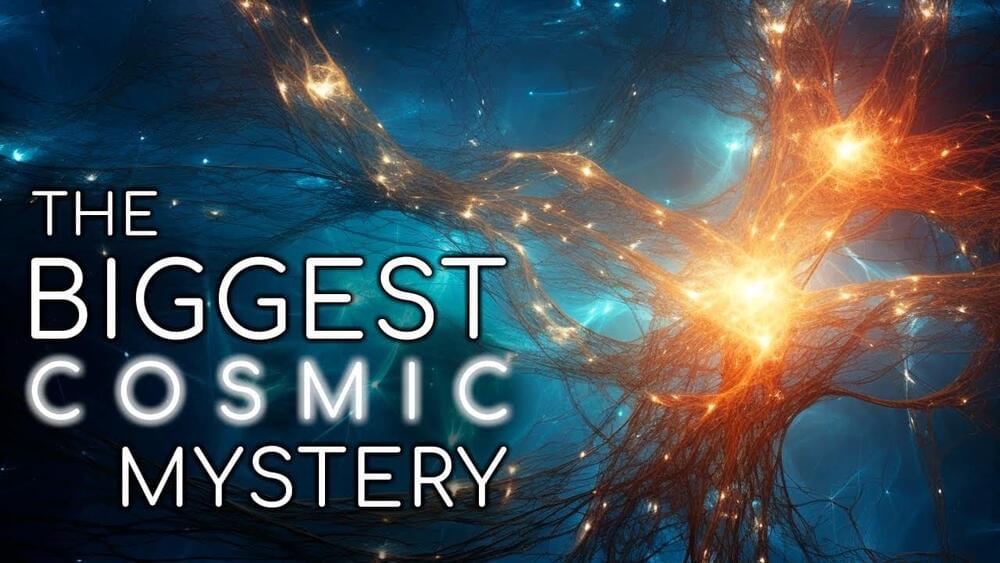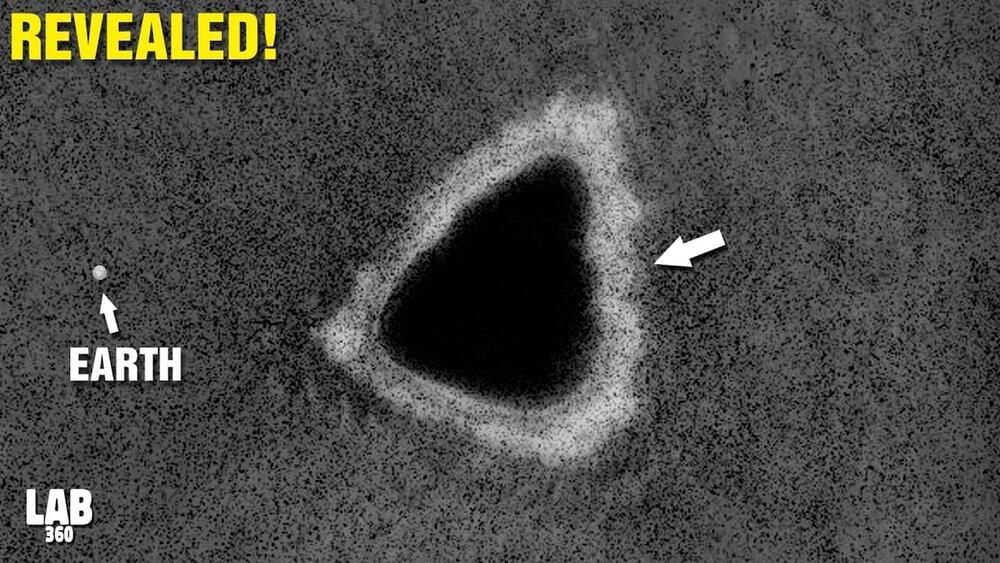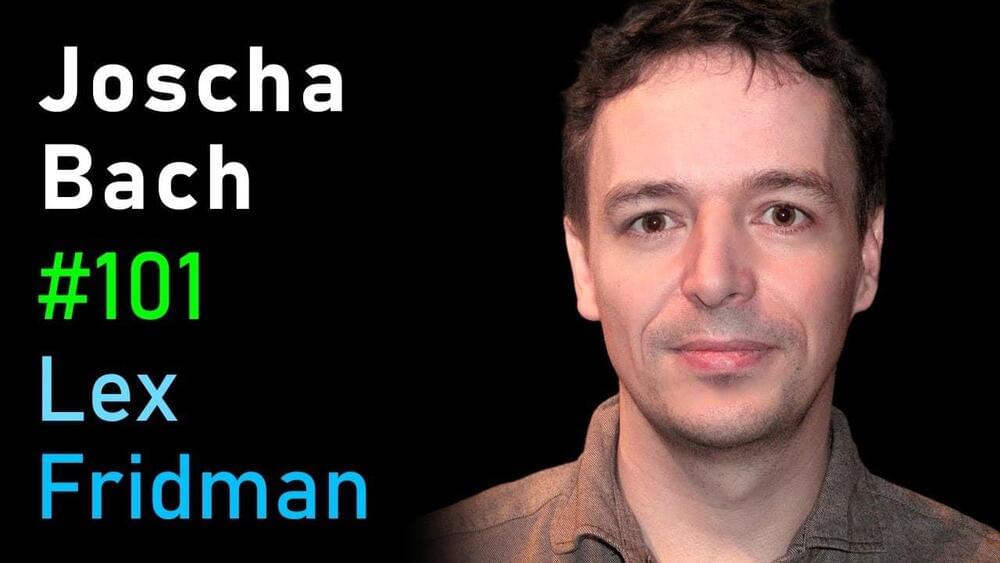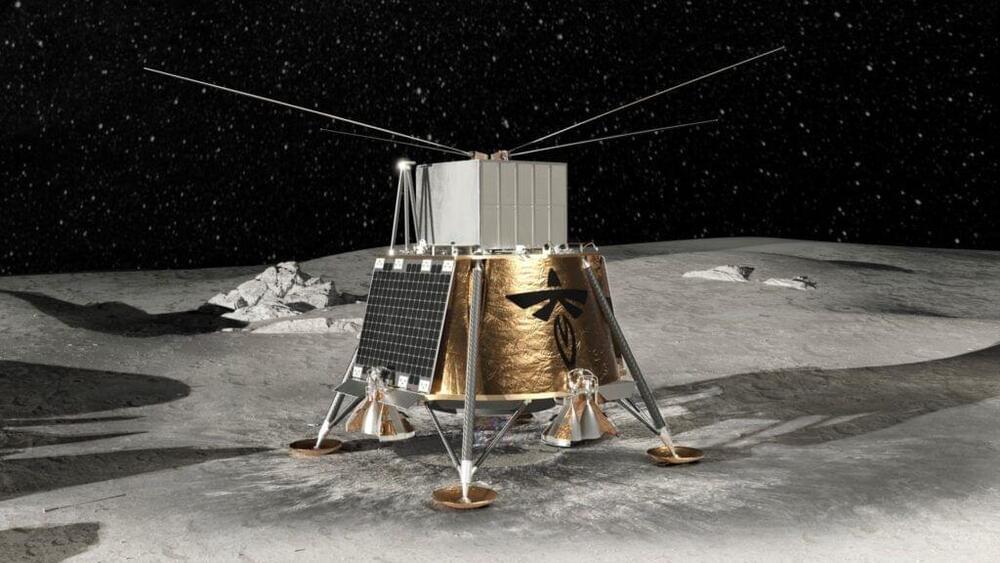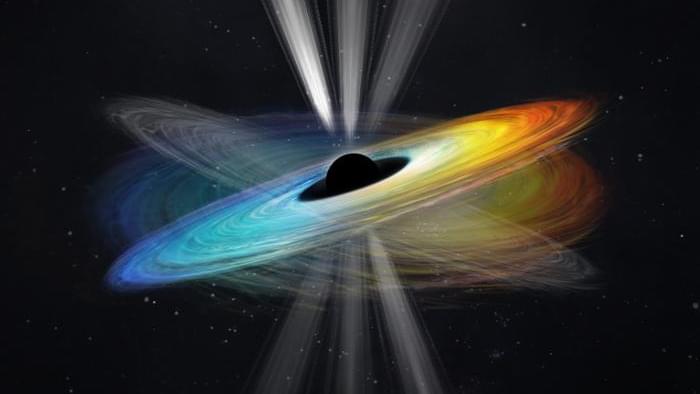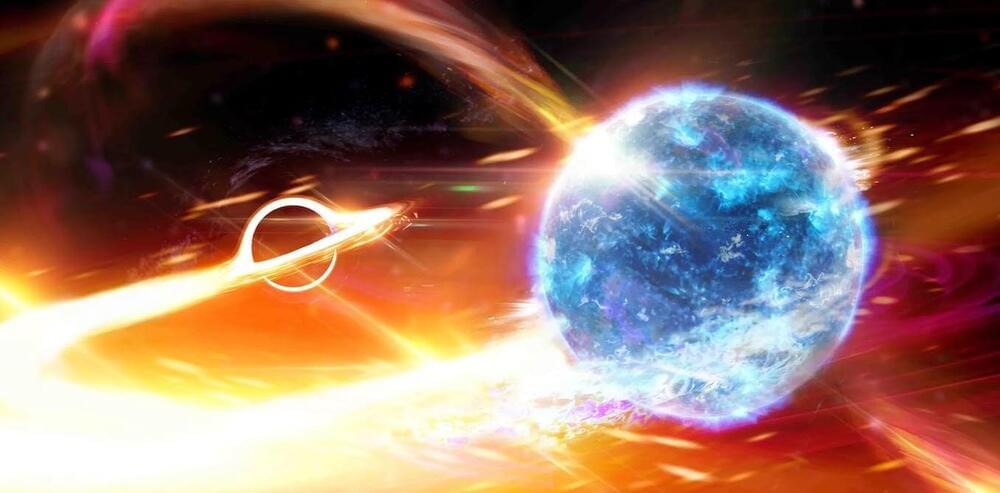Oct 8, 2023
Scientists untangle mystery about the universe’s earliest galaxies
Posted by Genevieve Klien in categories: computing, cosmology
WASHINGTON, Oct 6 (Reuters) — Since beginning operations last year, the James Webb Space Telescope has provided an astonishing glimpse of the early history of our universe, spotting a collection of galaxies dating to the enigmatic epoch called cosmic dawn.
But the existence of what appear to be massive and mature galaxies during the universe’s infancy defied expectations — too big and too soon. That left scientists scrambling for an explanation while questioning the basic tenets of cosmology, the science of the origin and development of the universe. A new study may resolve the mystery without ripping up the textbooks.
The researchers used sophisticated computer simulations to model how the earliest galaxies evolved. These indicated that star formation unfolded differently in these galaxies in the first few hundred million years after the Big Bang event 13.8 billion years ago that initiated the universe than it does in large galaxies like our Milky Way populating the cosmos today.
